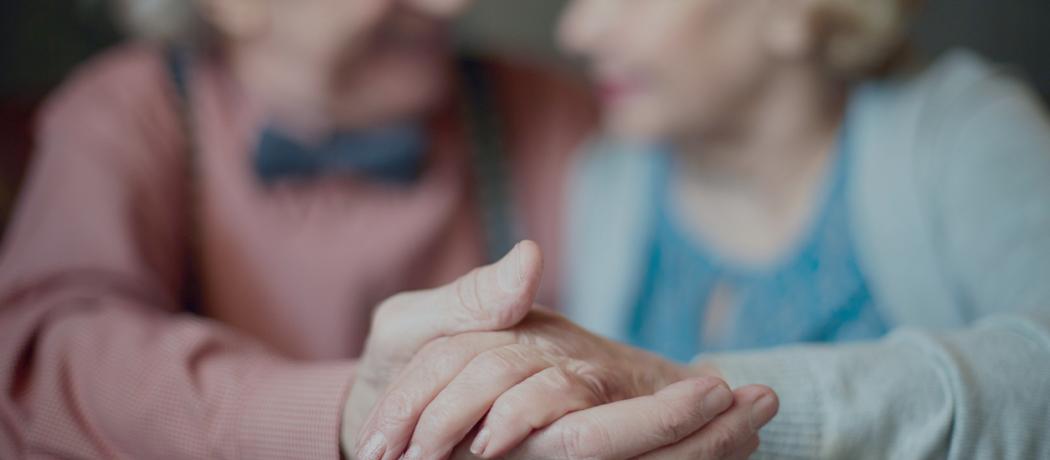I met her 66 years ago. I was in my fourth year of medicine and lived in the old North Vancouver hospital with two classmates. We wrote patients’ histories for next day’s surgeries—sometimes five or six tonsillectomies, a gall bladder, perhaps a couple of hernias, maybe a hysterectomy. We received room and board and as much medical lore as we could listen to, along with getting to provide the occasional assist at a surgery.
She had just started working at the hospital’s reception desk. For me, it was love at first sight. I was smitten with her. She had a lovely smile, a wonderful laugh, shiny curly hair, and lovely toes in her open-toe sandals.
There were about 14 doctors on the North Shore in those days and they got along very well. There was a yearly costume dress-up dinner for the doctors, nurses, and their spouses, and we students were invited. I hesitantly asked her if she would come with me, and we have been together ever since.
After my internship at St. Paul’s Hospital we married, and I returned to North Vancouver to practise under the guidance of one of the pioneer North Shore doctors. She was embraced by the very active doctors’ wives’ group. I was without a family—my parents still lived in my native Hungary—and her parents became my substitute parents. The years passed, we had two great kids, we built a house, had cats and couple of faithful dogs, we skied and ice skated and learned to play tennis.
In 1966 I moved to academic medicine. I think she would have preferred that I stayed with my family practice, but she held my hand and made new friends. In my first few years at UBC I was attached to Dean Jack McCreary’s office, working on his health-team education plan. His dream caught the attention of an American Foundation that supported health-team development in medical schools in Tanzania, the Caribbean, and Argentina. As a fellow of that foundation I traveled to learn and talk about health teams in those countries and she accompanied me on some of my lengthier stays. She was the bravest travel companion and the best suitcase packer. We often lived out of one suitcase. Then my career changed again, and many rewarding years followed exploring the area of sexual medicine.
Today, it is those trips with her, and the memory of her vitality, that come to my mind every day. The reason: about 6 years ago, while preparing for a short vacation to Hawaii, the formerly great traveler could not figure out what to pack. Something has gone terribly wrong.
Soon other symptoms appeared. Memory loss, trouble driving her car, disorientation in a shopping centre, the inability to plan or comprehend, becoming afraid of being alone, and more memory loss. Today, at home, she lives in her own world with the support of caregivers around the clock. She is firmly in the grip of amnesia, agnosia, aphasia, and apraxia. She does not recognize me anymore, but she accepts my hugs and kisses. She is still my best buddy, my lifelong partner, my lover, and on 14 February, my Valentine.
—George Szasz, CM, MD
This post has not been peer reviewed by the BCMJ Editorial Board.


